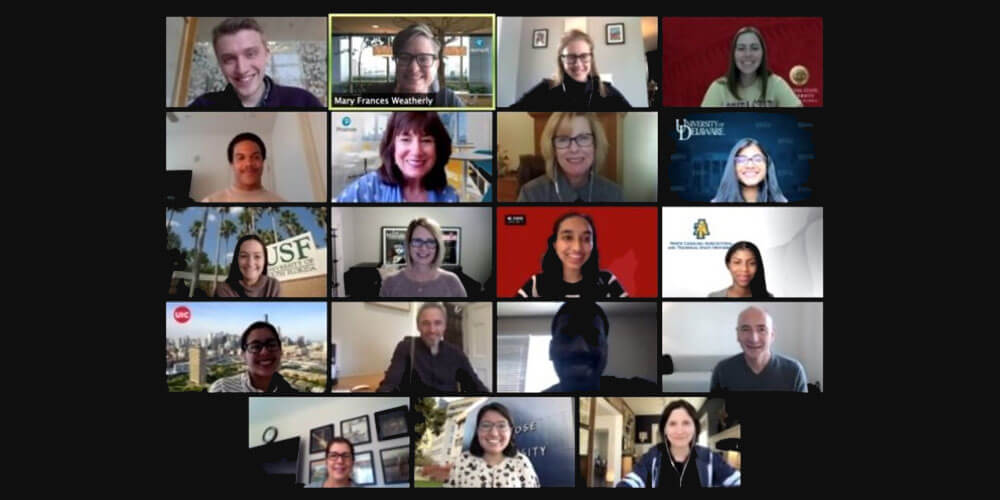
Career Fair Prep: Start with your Resume
Many colleges and universities host career fairs during the Spring semester. These fairs offer fantastic networking opportunities for students, however preparing for these events can also be stressful. During the event you’ll typically have 5 to 10 minutes to talk with a recruiter or a company to make an impression. It is very useful to have copies of your resume handy. Once the conversation with the recruiter is complete it is a common practice to give them a copy of your resume so that they can remember you.
Your resume is essentially a marketing document where you are positioning yourself in the best way for the job you want. A resume should also be dynamically changing. It could be a steep learning curve to build one from scratch, but as you get in the habit of updating your resume frequently it becomes a healthy good habit. Here are a few pointers to help you understand more about resume building and formatting, and better position you into taking a stab at creating your first draft.
1. Use A Good Template
No matter how strong your background and experience are, good formatting will make your resume more eye catching to recruiters. If you are not Word document savvy, simply look up resume templates online and download a template that is the most applicable for you. Sometimes your school career center might also have these templates so make sure to look there as well!
2. Grammar
It is very important to have consistent grammar throughout your resume. You want to be as detail oriented as possible on this paper because it is the only medium for a recruiter to know you. A grammatically correct resume will allow you to stand out among peers who might be competing for the same role. Some great methods are keeping the same verb tense, ending every sentence with a period, and making your sentences clear and concise.
3. Design
Some standard resume features are a full single page of content including your name, education, address, contact, work experience, and achievements. You can adjust the resume content depending on what you need to say. You also can add a pop of color, use funky fonts, or even add a great picture of yourself in your resume to convey character. HOWEVER, be mindful on how the recruiter might read into this! Some fields might prefer a “conservative” resume style where content and achievements are the focus. Recruiters in fields like marketing and graphic design might appreciate more creative designs because the resume will demonstrate your skill in creating visually appealing products. Just make sure you understand who your audience is and tailor your resume accordingly.
4. Final Drafts
The resume in a job application is one of the main and crucial components that allows a recruiter or a hiring manager to get to know you and quickly assess whether there is a good fit between you and the potential employer. It is always a good idea to run your resume by your friend or family member to proofread and identify any last-minute errors. If you happen to find yourself stuck, recognize that you have various options and resources to use. The simple yet not so obvious one is your university career services.
5. Evolution
Your resume should be ever evolving. This doesn’t mean just adding your experiences as you progress in your career, but also modifying it from time to time and removing anything that becomes irrelevant. You might take up various career paths so when you are updating your resume for a new position, you probably do not have to list everything you did since high school. Strive to get into the practice of updating your resume after the end of each semester.
Using these tips will help you to be ready to jump on opportunities as they come and to feel prepared for them. Preparing for career fairs to apply for internships or jobs can be intimidating for some students, but it doesn’t have to be. Even if you don’t have a lot to put on your resume, having a high-quality resume is a game changer.
Do you have a compelling story or student success tips you’d like to see published on the Pearson Students blog? If you are a college student and interested in writing for us – click here to pitch your idea and get started!
